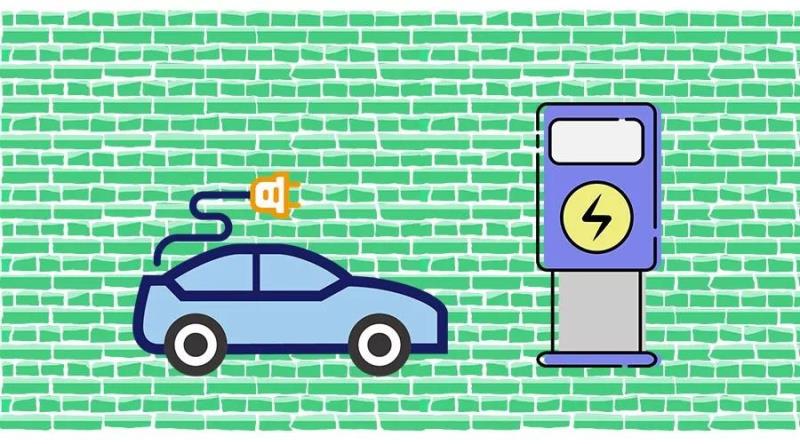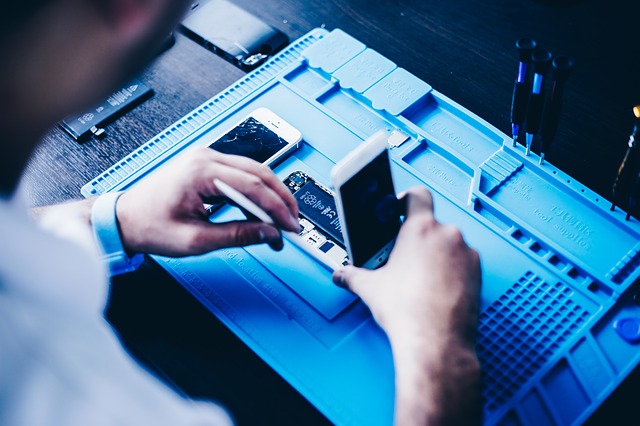Why use lithium-ion batteries?
Oct 18, 2019 Pageview:1360
A lithium-ion battery, also known as Li-ion battery, is a type of rechargeable battery. There is no secret that the use of these batteries has grown remarkably in recent years. In fact, these batteries are dominating the battery market and all credit goes to the distinct advantages and enhancements they offer over other kinds of battery technology.
You might get surprised to know that our tablets, laptops, and smartphones would properly be of no use without lithium-ion technology. Yes, you heard right and this technology has revolutionized the world of portable devices. If you are curious to know what makes lithium-ion batteries preferred option over other batteries, then you have come to the right place. Here, you will get familiar with lithium-ion batteries so that you can get the best from this technology.
What are the advantages of a lithium-ion battery?
People are always been seeking batteries that offer a good battery life and that is why these batteries are popular because of their prolonged battery life. However, if you want to exploit the lithium-ion technology fully, you should know about its advantages-
· Better Energy Efficiency
The biggest advantage of the lithium-ion battery over other types of rechargeable batteries is energy efficiency. And this advantage comes from more particular advantageous traits to include having a higher energy density comparative to its physical size, zero to low memory effect, and a low self-discharge rate of 1.5% per month.
Other rechargeable batteries feature lower energy density as compared to the lithium-ion battery and that is why making them inappropriate for energy-intensive applications. In addition to that, nickel-metal hydride batteries have a 20% self-discharge rate per month and nickel-metal hydride batteries like NiMH and NiCd have a memory effect that causes the reduction of the maximum charge capacity when recharged repeatedly after being half-discharged. When it comes to a lithium-ion battery, there is no such thing and that is why it offers better energy efficiency.
· Lighter and Smaller
Another remarkable advantage of Li-ion battery is that it is lighter and smaller than other rechargeable batteries available on the market, especially in terms of charge capacity. Amazingly, these batteries feature a higher capacity without being quite bulky.
· Longer Lifespan
The lifespan of the rechargeable batteries is defined by the charge and discharge cycle that they can deal with it. Lithium-ion batteries can usually deal with hundreds of cycles. In fact, mid-grade variants can deal with 1000 cycles before ending up losing 30% of their original maximum charge capacity, while more advanced ones can keep their capacity up to 5000 charge-discharge cycles.
But, one thing you should keep in mind that charging lithium-ion batteries to 100% after being partially discharged does not a make single charge-discharge cycle. In fact, a single cycle matters if more than half of the Li-ion battery was discharged before fully recharging it again.
· Faster Charging
As compared to other rechargeable batteries like NiMH and NiCd, Li-ion battery features faster charging. Depending on the hardware-specifications of a specific device that utilize a lithium-ion battery, a complete charge can take 1 to 2 hours.
· Low Maintenance
Last but not least is that lithium-ion batteries need little to zero maintenance to ensure the performance of them. Other batteries like NiCad need a periodic discharge to make sure that they do not get a memory effect. Luckily, Li-ion batteries do not exhibit memory effect and that is why they need quite low maintenance.
As you can now see that lithium-ion batteries offer various advantages over other batteries. So, using them can provide you the freedom to run for long durations.
How does lithium-ion battery work?
Like any other battery available, a rechargeable lithium-ion battery is compromised of one or more power-generating compartments known as cells. Further, each cell features three major components - a positive electrode (connected to the positive terminal of the battery), a negative electrode (connected to the negative terminal of the battery) and a chemical known an electrolyte in between these electrodes.
Further, the positive electrode is usually compromised from chemical compounds known as a lithium-cobalt oxide or lithium iron phosphate in newer batteries On the other hand, the negative electrode is compromised from carbon. The electrolyte differs from one type of battery to another.
Typically, all Li-ion batteries work in the same way. When the battery is in charge mode, a positive electrode loses some of its ions that move through the electrolyte to the negative. The battery takes in as well as stores the energy during this procedure. When the battery is in discharge mode, the ions move back from the electrolyte and produce the energy that further powers the battery.
However, in both scenarios, electrons move in the opposite direction to the lithium ions around the outside or outer circuit. The movement of Li-ions and electrons is an interconnected process. If any of the processes stop, so does the other one.
Unlike other batteries, Li-ion batteries come with in-built electronic controllers that help in regulating how they charge and discharge. This helps to prevent overheating and overcharging that can make these batteries to explode in certain situations.
What are lithium-ion batteries used for?
Lithium-ion batteries are used in a wide range of applications but commonly used in the electronics industry. These batteries offer portable electricity that power electronic gadgets like smartphones. They are also utilized to supply power to medical equipment, power tools, and electric vehicles.
· Portable power packs - Li-ion batteries feature lightweight and can be designed smaller and that’s why they are preferable options to carry around.
· UPS (Uninterrupted Power Supply) - These batteries offer emergency back-up power in case of sudden power loss. So, office tools like computers and IT servers can be kept running in case of power loss to avoid data loss.
· Electric vehicles - the automotive industry poses a great demand for these batteries to provide a power source for hybrid or plugin electric vehicles.
Besides, the Li-ion batteries applications or uses include marine vehicles, personal mobility, and solar energy storage. In short, these lithium-ion batteries have demand in many industries. As these batteries are portable, compact and feature great storage capacity and faster-charging, the demand for Li-ion batteries expected to be a boost in the future.
- Prev Article: 18650 Battery Wrap Peeling
- Next Article: Semi Solid Lithium Ion Battery-Definition, Cost, Market
Leave Message
Hottest Categories
-
Hottest Industry News
-
Latest Industry News











